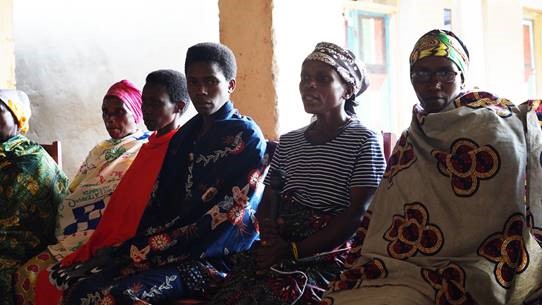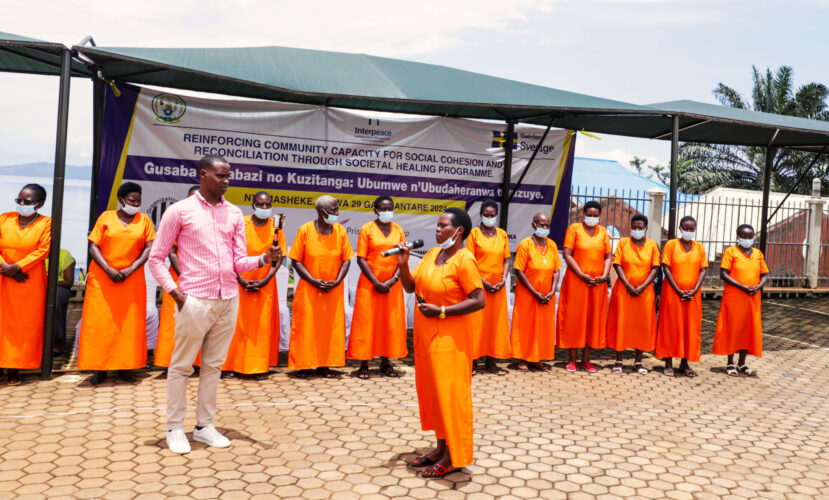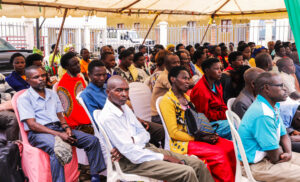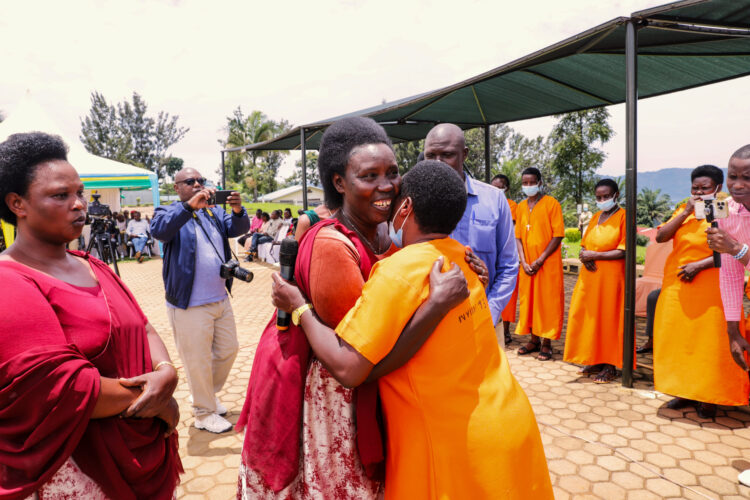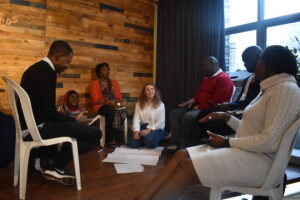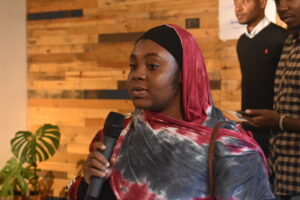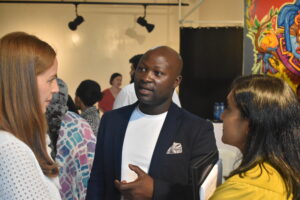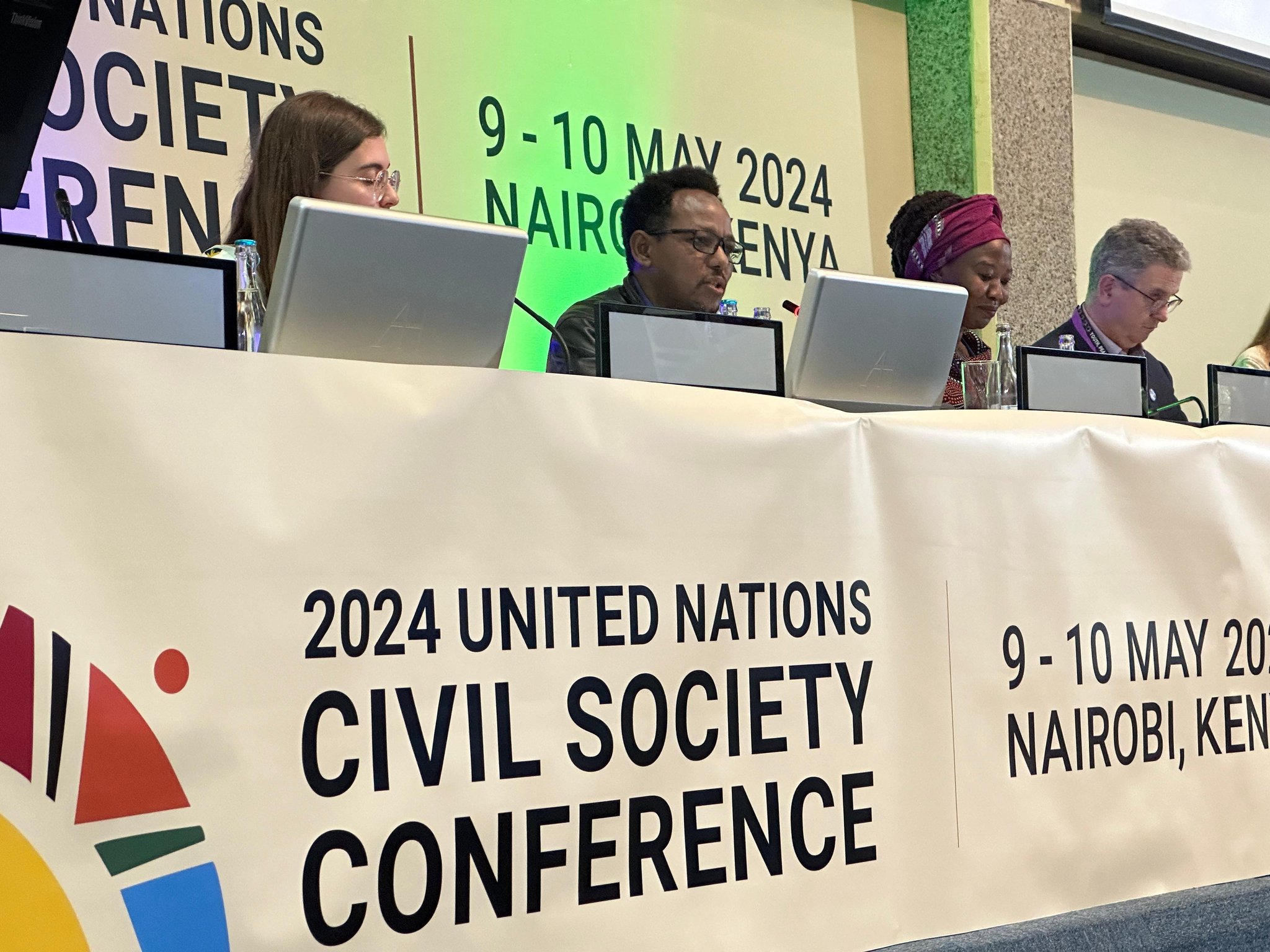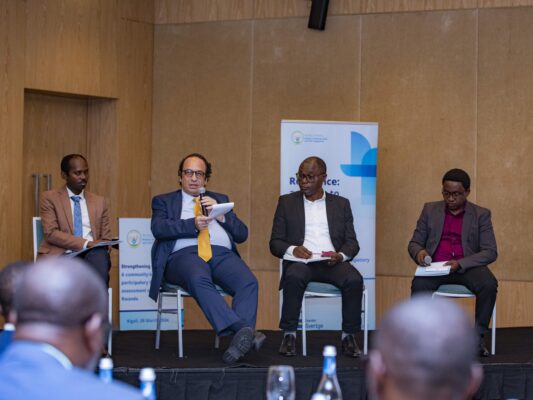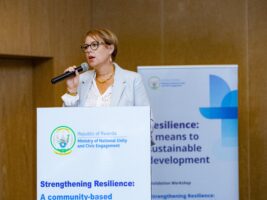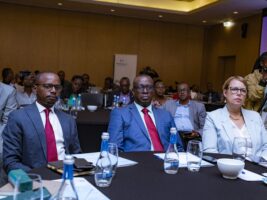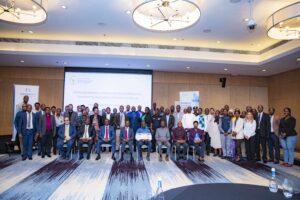Promouvoir le dialogue intergénérationnel pour favoriser la paix et la cohésion sociale au Rwanda
Faciliter la participation significative des jeunes aux initiatives de consolidation de la paix devrait être la pierre angulaire de tout effort visant à favoriser une société pacifique et cohésive. Cette approche résonne particulièrement bien au Rwanda, où plus de 70 % de la population est constituée de jeunes, dont une grande partie est née après le génocide contre les Tutsis qui a eu lieu il y a trente ans.
Le génocide a déchiré le tissu social du Rwanda. Un nombre important de jeunes ont été manipulés et impliqués dans les meurtres. Pour construire une paix durable et consolider les acquis de réconciliation et de cohésion sociale, ils doivent être impliqués dans le processus.
Le 1er juin 2024, le Rotary Club Kigali Seniors (RCKS) s'est associé à Interpeace pour organiser une retraite d'une journée afin d'associer davantage ces personnes. Ayant pour thème « Consolider la paix et la cohésion sociale au Rwanda », l'événement a réuni plus de 50 jeunes, membres de clubs Rotaract (Rotaristes dirigés par des jeunes) et anciens.
Il a servi de dialogue intergénérationnel, permettant aux jeunes de comprendre le passé tragique de leur pays, qui a conduit au génocide, et d'établir les moyens de construire un Rwanda pacifique et résilient à l'avenir. Les participants étaient des étudiants universitaires et de jeunes professionnels de tout le pays. Leurs aînés étaient des personnalités éminentes issues de divers horizons, notamment des secteurs public et privé, du monde universitaire et des organisations de la société civile.
« Ce pays a été détruit par le divisionnisme ethnique il y a 30 ans. Nous avons parcouru un long chemin pour le reconstruire. Il est temps de comprendre d’où nous venons et de nous engager à ne plus jamais laisser cela se reproduire. Vous devez construire une société meilleure que celle du Rwanda aujourd'hui », a souligné le Dr Jean Pierre Dusingizemungu, professeur d'université, alors qu'il se penchait sur l'histoire des violences passées du Rwanda, sur la voie de la réconciliation et de la reconstruction. Il a encouragé les participants à réfléchir aux conséquences néfastes de l'histoire des conflits et du génocide du Rwanda et à forger une identité commune pour favoriser l'unité et la cohésion sociale dans leurs communautés respectives.
Nathalie Siborurema, l'une des participantes, a déclaré : « Ce type de dialogue est très important et nécessaire car il nous permet d'apprendre de personnes expérimentées qui ont vécu la situation dont nous entendons parler. Il nous arme et nous prépare à construire une future société rwandaise pacifique et cohésive. Je me sens prête à relever le défi avec enthousiasme".
Le Dr Jean Bosco Kabera, membre éminent du RCKS qui a coordonné cette activité, a souligné l'importance d'éduquer les jeunes pour promouvoir la cohésion sociale. "Je pense qu'il est essentiel pour le Rwanda de garantir que les jeunes non seulement comprennent le passé, mais jouent également un rôle de premier plan dans la définition de notre avenir", a-t-il déclaré, ajoutant que le partenariat avec Interpeace pour organiser cette retraite était enrichissant dans la mesure où les jeunes sont parmi les cibles de son programme holistique de consolidation de la paix au Rwanda qui cherche à aborder la guérison mentale, à promouvoir la cohésion sociale et à soutenir l'amélioration des moyens de subsistance.
Les participants se sont engagés à partager les connaissances et les compétences acquises avec leurs confrères. Pour avoir un impact plus significatif, ils transmettront ces compétences au niveau communautaire et toucheront davantage de personnes.
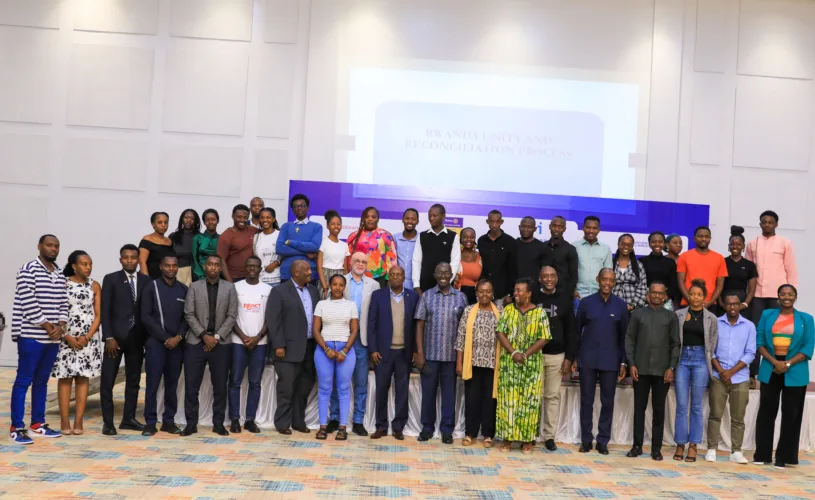
Frank Kayitare, représentant national d'Interpeace, affirme que l'autonomisation des jeunes garantit une paix et une cohésion sociale durables. « Si vous voulez maintenir la paix et la cohésion au Rwanda, vous devez cibler les jeunes. Ces discussions les aident non seulement à comprendre le passé, mais aussi à forger un état d’esprit différent de celui qui a conduit au génocide contre les Tutsis. Elles leur permettent également de cultiver un état d’esprit de dialogue, de résoudre tout conflit par le dialogue.
Le travail d’Interpeace pour soutenir la jeunesse au Rwanda
Le Rwanda a réalisé des avancées remarquables dans le renforcement de la résilience sociale et économique au cours des 30 dernières années. Cependant, de nombreux Rwandais, y compris des jeunes, sont confrontés à des défis liés aux blessures psychologiques du génocide et de ses conséquences, ainsi qu'au développement économique.
Interpeace utilise des interventions de soutien psychosocial communautaires telles que la sociothérapie et la thérapie multifamiliale pour établir des espaces de guérison permettant aux jeunes et à leurs parents de discuter de leur passé et de se lancer dans un voyage de guérison mutuelle. Elle travaille avec des partenaires locaux tels que Haguruka, Prison Fellowship Rwanda et Dignity in Detention pour organiser des dialogues intergénérationnels dans la communauté.
Grâce à une approche collaborative des moyens de subsistance, Interpeace et ses partenaires s'efforcent de remédier aux disparités socio-économiques et de favoriser la résilience socio-économique des jeunes en les dotant de compétences financières et entrepreneuriales. Les jeunes apprennent à développer des projets d'entreprise bancables, à les établir et à les gérer. Grâce à un processus compétitif, les dispositifs les plus prometteurs sont soutenus par un capital d'amorçage. Les initiatives commerciales conjointes jouent un double rôle : leur permettre d’améliorer leurs conditions sociales et économiques et de maintenir les liens sociaux que ces personnes ont tissés au cours du parcours de guérison.
Interpeace travaille également avec des organisations dirigées par des jeunes, telles que Rwanda We Want, pour renforcer leurs capacités et leur permettre d'autonomiser davantage de jeunes à travers le pays.




